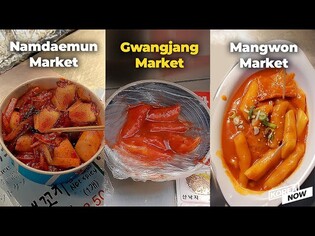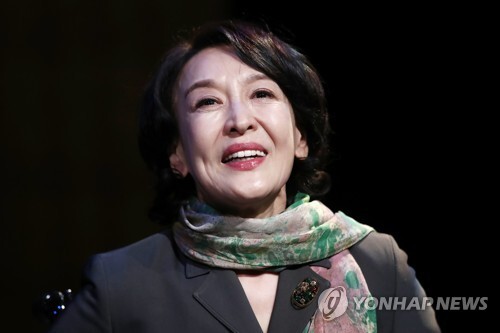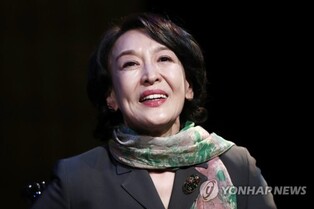 |
| ▲ Thomas Helbling, deputy director at the IMF's Asia and Pacific Department, speaks during a press conference in Washington on Oct. 24, 2024 in this photo captured from a livestream of the press meeting. (PHOTO NOT FOR SALE) (Yonhap) |
IMF official-S Korean economy
S. Korea's economy will be more affected if Sino-U.S. trade tension escalates: IMF official
By Song Sang-ho
WASHINGTON, Oct. 24 (Yonhap) -- South Korea's economy will be "relatively more affected negatively" if trade tensions between the United States and China rise after the U.S. presidential election next month, an International Monetary Fund (IMF) official said Thursday, calling the possible tension increase a "major downside risk."
Thomas Helbling, deputy director at the IMF's Asia and Pacific Department, made the remarks as policymakers in Seoul are closely watching developments in the White House race, where Democratic presidential nominee Vice President Kamala Harris and her Republican rival former President Donald Trump have been caught in a dead heat.
"An increase in trade tensions is a major downside risk. Korea is very strongly integrated in global supply chains, into global markets and strongly exposed both to China and the United States," Helbling told a press conference.
"So as previous regional economics outlooks have highlighted, Korea will be relatively more affected negatively if there were a further increase in trade tensions between the U.S. and China," he added.
The official did not elaborate further, saying that if trade tensions increase, much will depend on the extent of the increase and other details.
Helbling also commented on the IMF's growth forecast for South Korea next year at 2.2 percent, down from this year's growth outlook of 2.5 percent.
"Growth (for Korea) in the first half of this year was stronger than expected, very strong growth in particular on the external side. Domestic demand was weaker than in the export sector," he said.
"This weakness in domestic demand reflected, in particular, the loss or the erosion of purchasing power with the rise in ... inflation globally and then the monetary policy tightening which affected domestic demand."
But this situation is about to change, he noted.
"As the Bank of Korea has started the monetary policy easing cycle, inflation has declined," he said, "So with the similar nominal compensation and income increases, real purchasing power will increase and we expect domestic demand to strengthen."
Earlier this week, the IMF kept the 2024 growth outlook for South Korea unchanged at 2.5 percent amid a stable global economic expansion.
The Organization for Economic Cooperation and Development (OECD) presented a 2.5 percent expansion, and the Bank of Korea forecast 2.4 percent growth this year. The South Korean government expected the economy to grow 2.6 percent in 2024.
(END)
(C) Yonhap News Agency. All Rights Reserved



































